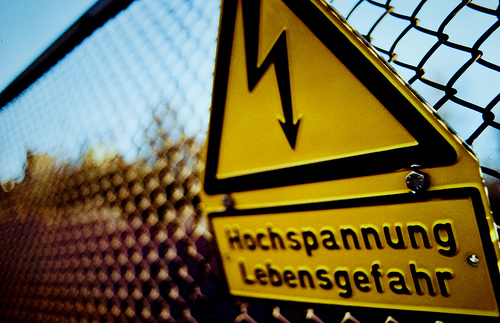

For two decades, Jill spent one month a year in the hospital trying not to kill herself. Her severe depression was immune to medication and even electroshock therapy. But a silver
dollar-size pulse generator implanted in her chest three years ago seems to have helped. Electrodes from the device wind around the vagus nerve in Jill’s neck and zap it with two milliamps of current for 30 seconds every five minutes. Unlike traditional electroshock therapy, this approach, called vagus nerve stimulation, or VNS, is targeted at just one part of the brain and uses a very low voltage. The VNS implant, made
by Cyberonics in Houston, is already approved for the treatment of epilepsy and could receive FDA clearance for depression this summer.
Neurologists are still struggling to understand what
causes depression, says Jill’s doctor and VNS researcher Mark George of the Medical University of South Carolina. The new therapy is revealing fresh insights. Like a thick coaxial cable, the vagus nerve carries signals from the heart, lungs and stomach to the mood centers of the brain. Although the connection between our organs and emotions is poorly understood, George speculates that depressed patients have weakly regulated signals coming from their hearts and guts. The VNS electrodes “reregulate those signals,” he explains, and at least in the 30 percent of patients like Jill who respond to treatment, the depression goes away.
What about side effects? While patients can’t feel the implant, some say that their voice changes or that they get short of breath when the electrodes are firing. Most agree, however, that VNS therapy is far more tolerable than the insomnia, weight gain and sexual dysfunction associated with common depression
medications.






